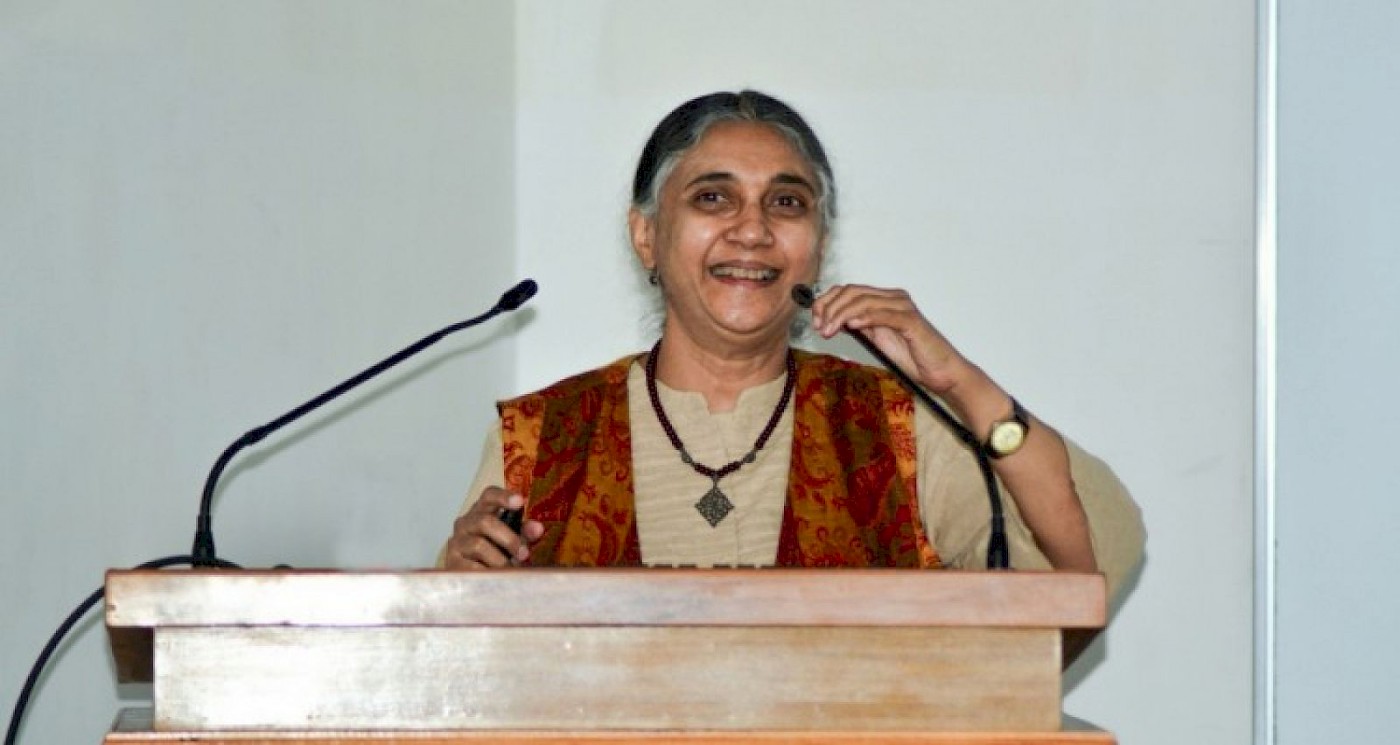Cross-Kingdom Interactions: Mutualism and Parasitism in a Tale of Three Cities

Mutualism and parasitism are processes that govern many of life's outcomes. We study these processes in iconic cross-kingdom interactions. In a symbiosis between ants and plants, we show how geographical variation in plant traits affects the interacting ant community, and how mutualism between ants and plants occurs in a geographical mosaic in which interactions can range from commensalism to parasitism. In the iconic symbiosis between figs and fig wasps that is a model example of co-evolutionary processes, we attempt to deconstruct the processes occurring within a fig inflorescence, also called a syconium, and treat each syconium as a microcosm that can be colonised by mutualistic and parasitic fig wasps as well as plant-parasitic and insect-parasitic nematodes; all these inhabitants are also subject to predation by ants. Each microcosm has a unique colonisation and developmental history and houses a unique set of interactions that influence the reproductive success of the microcosm inhabitants. In the ancient agricultural system in which termites cultivate fungi, we examine how termites are able to keep the cultivars of their mutualistic fungi free from
parasitic attack, and how termites engineer their nest mounds to ensure the longevity of their colonies and cultures. In all these symbioses we take a functional view of the traits of the interacting species within the framework of the life history theory and examine sensory mechanisms that enable the interactions. This talk will provide examples of our most interesting findings in these areas.
Professor Renee Borges received her PhD from the University of Miami, in Coral Gables, Florida, with a thesis entitled “Resource heterogeneity and the foraging ecology of the Malabar giant squirrel, Ratufa indica”. She is currently a professor at the Centre for Ecological Sciences, Indian Institute of Science, Bangalore. Her lab is interested in the evolutionary ecology of species interactions. She and her lab investigate the sensory biology of these interactions, especially their chemical and visual ecology. Her major current interaction systems are figs and fig wasps, ant-plant mutualisms, fungus-growing termites and pollination systems in the Western Ghats. She is engaged in fundamental research, which can have valuable practical applications. Apart from research, she likes to interact and motivate students to indulge in basic sciences.



